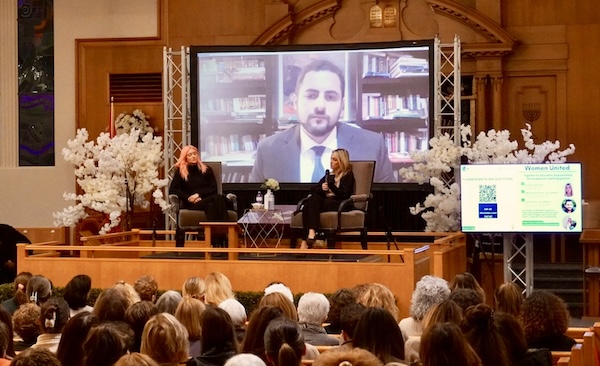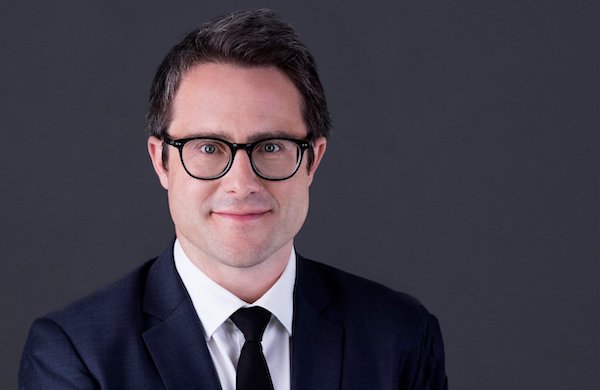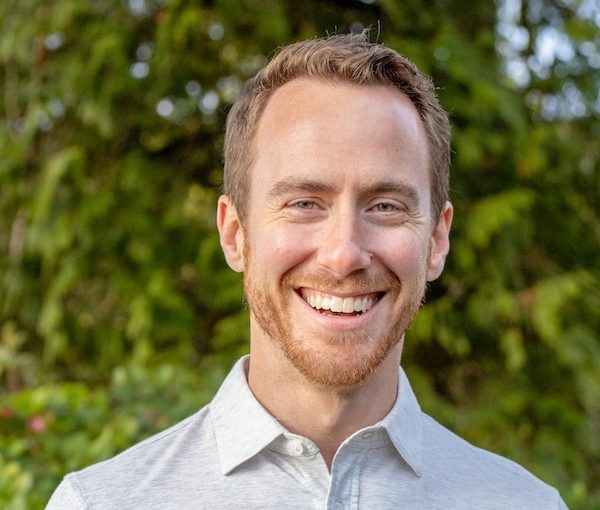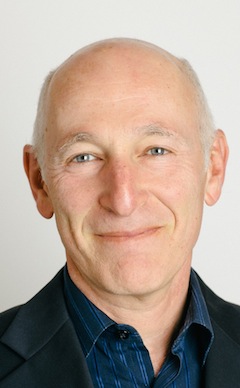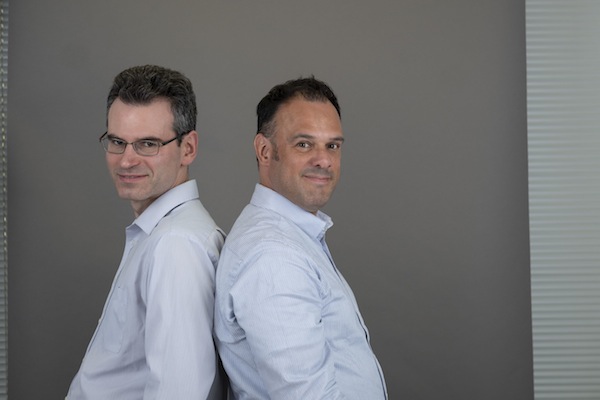Caroline D’Amore, left, Hussein Aboubakr Mansour and Emily Austin spoke to an audience of more than 550 at Congregation Schara Tzedeck Nov. 26 for the event Women United. (photo by Kyle Berger)
Some 550 Vancouver women packed the sanctuary at Congregation Schara Tzedeck Nov. 26 for Women United, a talk arranged by Jewish National Fund, Jewish Federation of Greater Vancouver, Stand With Us Canada and Schara Tzedeck, and sponsored by the Diamond Foundation. Jewish women were encouraged to bring their non-Jewish friends, and Federation reported that 40% of attendants were non-Jewish.
“The idea was to bring together a diverse range of women from all faiths, to engage in dialogue and empower us to speak up with bravery,” said Megan Laskin, who initiated the concept for the event. She noted that there are just 15 million Jews worldwide “but we are the victims of half of the hate crimes that occur. Our pain, our fear and our loneliness are very real and very deep.”
Emily Austin, 22, an American social media influencer who is the host of a National Basketball Association podcast called The Hoop Chat w/ Emily Austin, was the first speaker. She described how she took a deep dive into Jewish history to understand it better. “One thing Israel will always have on its side is facts,” she noted. “The Palestinians have truly sad videos with no facts, but people tend to overlook the facts because of the emotional nature of the narrative.”
Austin delivered some of those facts to the audience, refuting the Palestinians’ claims of genocide. “Go to UN.org and you’ll see that their population has quadrupled in the last 20 years,” she said.
In discussing land claims, she said, “this is not about land. It’s about Jew hatred.” She argued that, when Israel left Gaza in 2005, the Gaza Strip was a prosperous area filled with resorts, cafés and nightclubs. “They turned it into a terrorist capital,” she said of Hamas.
Austin urged members of the audience to educate themselves so they can address false claims with confidence. “There are no excuses to not be a voice when we have the facts. If you’ve not been vocal, please be vocal now,” she said. “Silence is compliance, and those people who want Jews dead are not being silent.”
Austin warned that this conflict is not just about Israel, or even just about Jews. “When they say kill the infidels, the West is next. The common denominator is hatred, and it’s a disease,” said Austin.
Caroline D’Amore, 39, a single mom, social media influencer and the entrepreneur behind Pizza Girl pizza sauce, was the second speaker. She described herself as “a not-so-subtle, pink-haired, Malibu Italian chick” and a high school dropout. She said learning about the Holocaust and reading Anne Frank’s diary made a deep impression on her, but that she was unaware of antisemitism until Oct. 7, after which she started seeing it everywhere, and felt compelled to speak out.
D’Amore said she published a video expressing her dismay and a fact that was obvious to her. “The terrorists are the bad guys. There is no context on this earth that could justify rape and murder,” she told the audience.
The video went viral and D’Amore received hundreds of messages from mothers who were so relieved that a non-Jew could see what was going on.
“I could feel their pain, sadness and fear,” D’Amore said. “So many people are saying nothing, or shaming Jewish people for feeling this fear right now. Jews are being told to ‘stop playing the victim,’ and even I get accused of playing ‘the Zionist victim card.’ What I want to say to my accusers is ‘how dare you?’
“It’s very clear to me that this is about good versus evil,” she continued. “I dove right in and started screaming about this at the top of my lungs, and though I’ve been attacked online for over a month now, I’m still here, proudly showing my face. I plan on being on the right side of history, which means standing up against terror in the Middle East and against those who are justifying what happened on Oct. 7. My promise is that I’ll continue to use my voice to stand up against evil, to stand up for humans who are suffering, to speak up against terrorism, and to encourage and empower others to use their voices.”
D’Amore said the Jewish community was her inspiration. “You guys find the light and it shines so damn bright,” she said. “You come together in the most beautiful ways, and it’s inspired me in ways I’ve never known possible.”
Hussein Aboubakr Mansour, the third speaker, addressed the audience by Zoom from his home in Washington, DC. Now the director of the Endowment for Middle East Truth’s Program for Emerging Democratic Voices from the Middle East, he was born in Cairo, into an environment that he said inspired him and his peers to hate Jews and become jihadists.
“From an early age, there was a story I heard everywhere, that there are people who epitomize wickedness, want to destroy Arabs and Muslims and steal our land, and want to destroy everything that is good and sacred. Those people are the Jews and Zionism is the embodiment of that ideal,” he said.
Curious, he started teaching himself Hebrew and learning about Jewish history. That led him on a long journey that transformed his relationship with the world and turned him into an ardent Zionist and supporter of the Jewish people.
His metamorphosis and his insistence on publishing, blogging and talking about what he learned, has cost him dearly. He was disowned by his family, was arrested on suspicion of being a Zionist spy, and was tortured in Egyptian jails before receiving political asylum in the United States in 2012.
“I spend every day of my life thinking about how to help end this epidemic of antisemitism that’s been going on for so long,” he said. While the massacres on Oct. 7 destroyed much of his optimism, Mansour said he still believes a change for the better is possible.
He ended his remarks by saying that he is proud to be a friend of the Jewish people and of the state of Israel. “And I have no doubt that I’m not the only Arab who feels this way – I’m just ahead of the curve,” he said. “There will be more who will see this truth.”
Lauren Kramer, an award-winning writer and editor, lives in Richmond.

